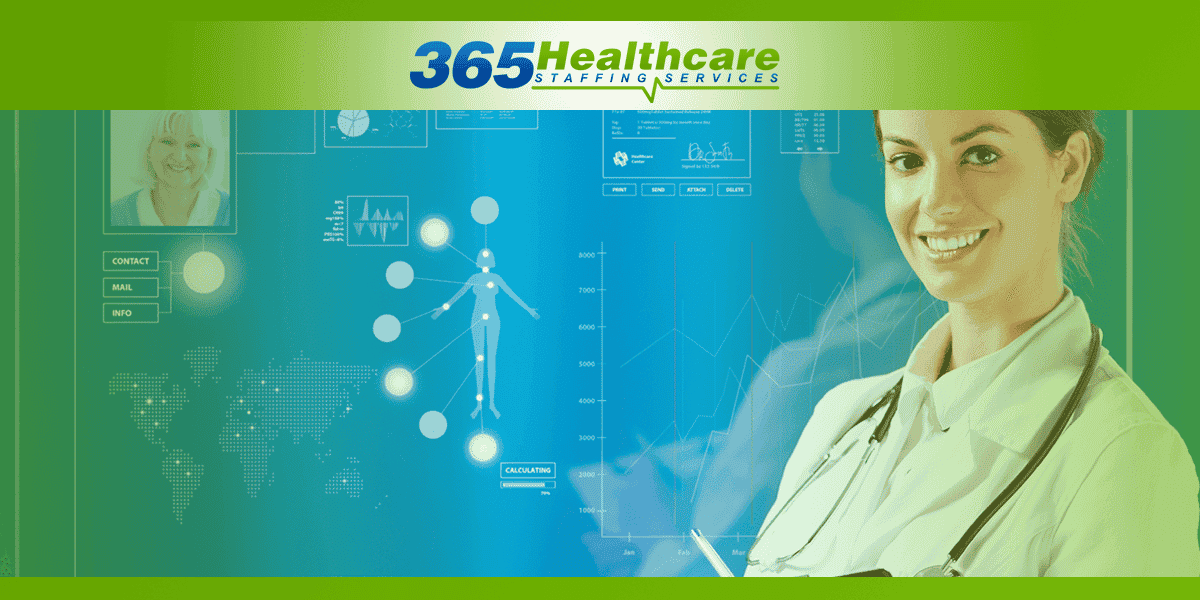What if it were possible to predict that a person would become diabetic within a few years? What if a doctor could diagnose depression before the individual even realized that they were struggling with it? Not so long ago, these questions might have sounded ludicrous. However, big data is making such advances possible.
Putting patient information to work in a new way
A patient’s medical chart contains a lot of valuable information about the patient’s history, lab results, medications, symptoms, and so on. All of that information helps healthcare providers treat the patient, but big data offers providers the opportunity to use that information to help patients in new ways. Hospitals are starting to use graph analytics to evaluate the relationship across many complex variables…to identify patients who may be at risk of an adverse outcome.
Instead of treating a patient for an adverse outcome after it happens, providers may be able to identify the outcome before it happens. With that knowledge, in many cases, healthcare providers might be able to help patients avoid those outcomes. In other words, better predictions could mean the difference between timely intervention and a missed window for treatment.
Sharing big data
Big data can make a difference for individuals, but it may be helpful for making predictions on a much larger scale, as well. Soon…technology…will be able to monitor symptoms…of a wider sample group, including people in our communities or [who] share genetic similarities. In addition to helping people in the affected groups access treatment sooner, this could give healthcare providers information to help these community or genetic groups avoid these problems completely in future generations.
Sharing big data creates a multitude of possibilities. What if it were possible to plan care for individuals and populations, including predictive disease management; define and apply best practices to reduce readmission rates, and better manage pharmacy costs and outcomes? All of this – and more – is possible.
Happening now
Big data is not a pie-in-the-sky notion that could happen in future generations. It’s happening now. Kaiser Permanente has improved outcomes in cardiovascular disease and achieved an estimated $1 billion in savings from reduced office visits and lab tests. How? Through an integrated system that [ensured] data exchange across all medical facilities and [promoted] the use of electronic health records.
As with any personal information, there are concerns about privacy. This is complicated by the fact that there don’t appear to be accepted standards yet for how patients agree to have their information used with predictive analytics…what happens if the analytic model recommends that certain patients don’t receive treatment?
Putting data to work
At 365 Healthcare Staffing Services, we specialize in the recruitment and placement of healthcare professionals in per diem, travel, and permanent assignments in healthcare facilities across the country. We know great healthcare professionals can put all data – big or small – to the best possible use to provide excellent patient care. If you are looking for your next opportunity, give us a call at 310.436.3650. We’d love to talk with you!


